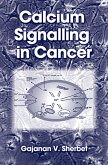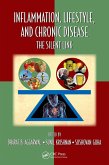Surviving Hypoxia: Mechanisms of Control and Adaptation is a synthesis of findings and thoughts concerning hypoxia. The thermodynamics of hypoxia are discussed in detail, including acid-base balance and self-pollution resulting from the accumulation of anaerobic end-products. The book focuses on descriptions and discussions of common facets, contrasting solutions in a variety of physiological hypoxia defense strategies, including those shown by plants, invertebrates, and vertebrates. Special treatment is given to the distinctive problems that hypoxia presents to vulnerable organs such as the kidney, liver, and brain. It also addresses pathological events in addition to protective mechanisms. Clinical implications of basic research are examined in the book, which provides new insights into underlying pathological processes occuring in hypoxic-induced organ failure and indicates new paths for successful clinical intervention. Surviving Hypoxia: Mechanisms of Control and Adaptation is an excellent reference for all researchers interested in the physiological effects of hypoxia, underlying pathological events, and protective mechanisms.
Dieser Download kann aus rechtlichen Gründen nur mit Rechnungsadresse in A, B, BG, CY, CZ, D, DK, EW, E, FIN, F, GR, HR, H, IRL, I, LT, L, LR, M, NL, PL, P, R, S, SLO, SK ausgeliefert werden.









